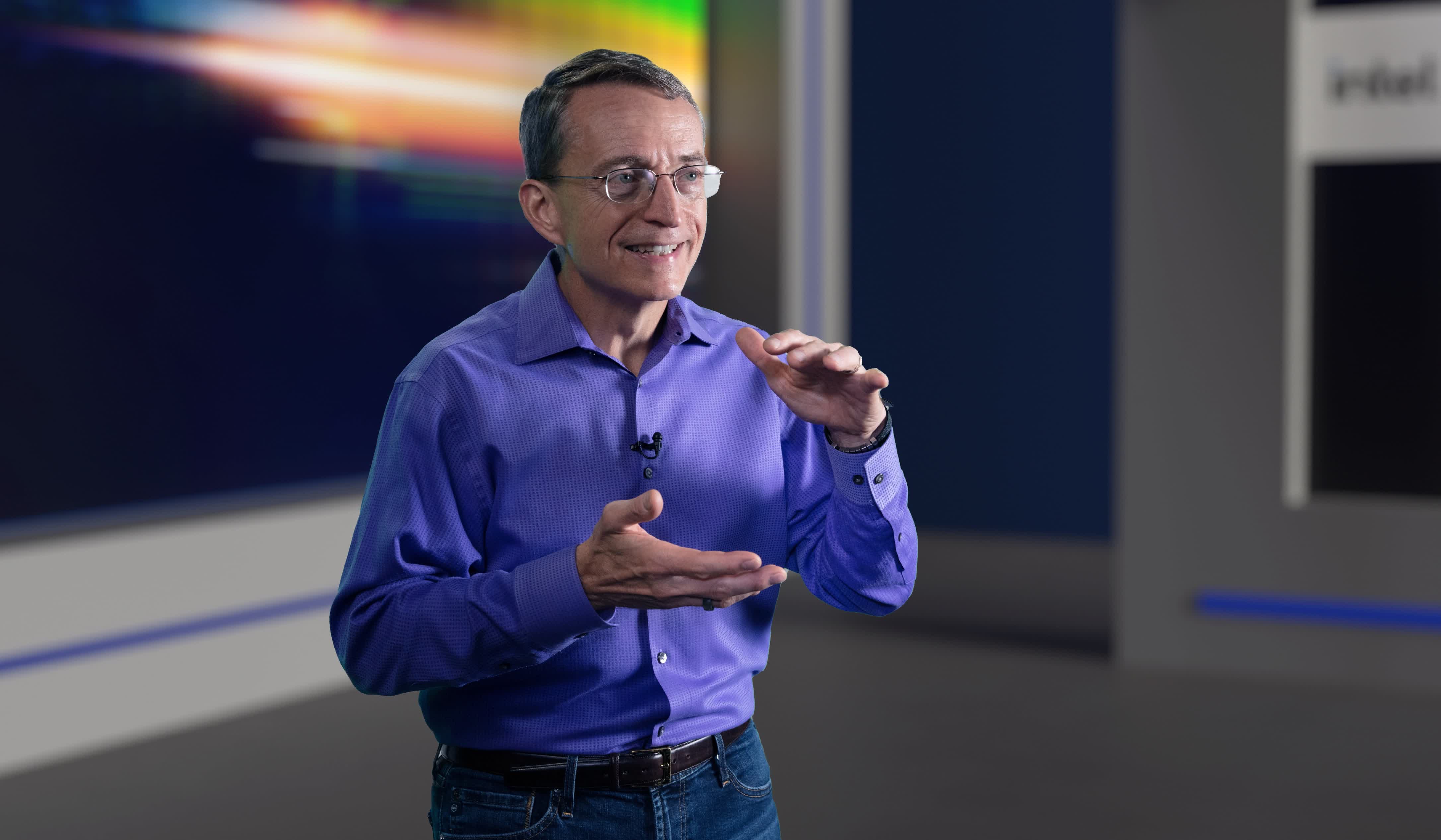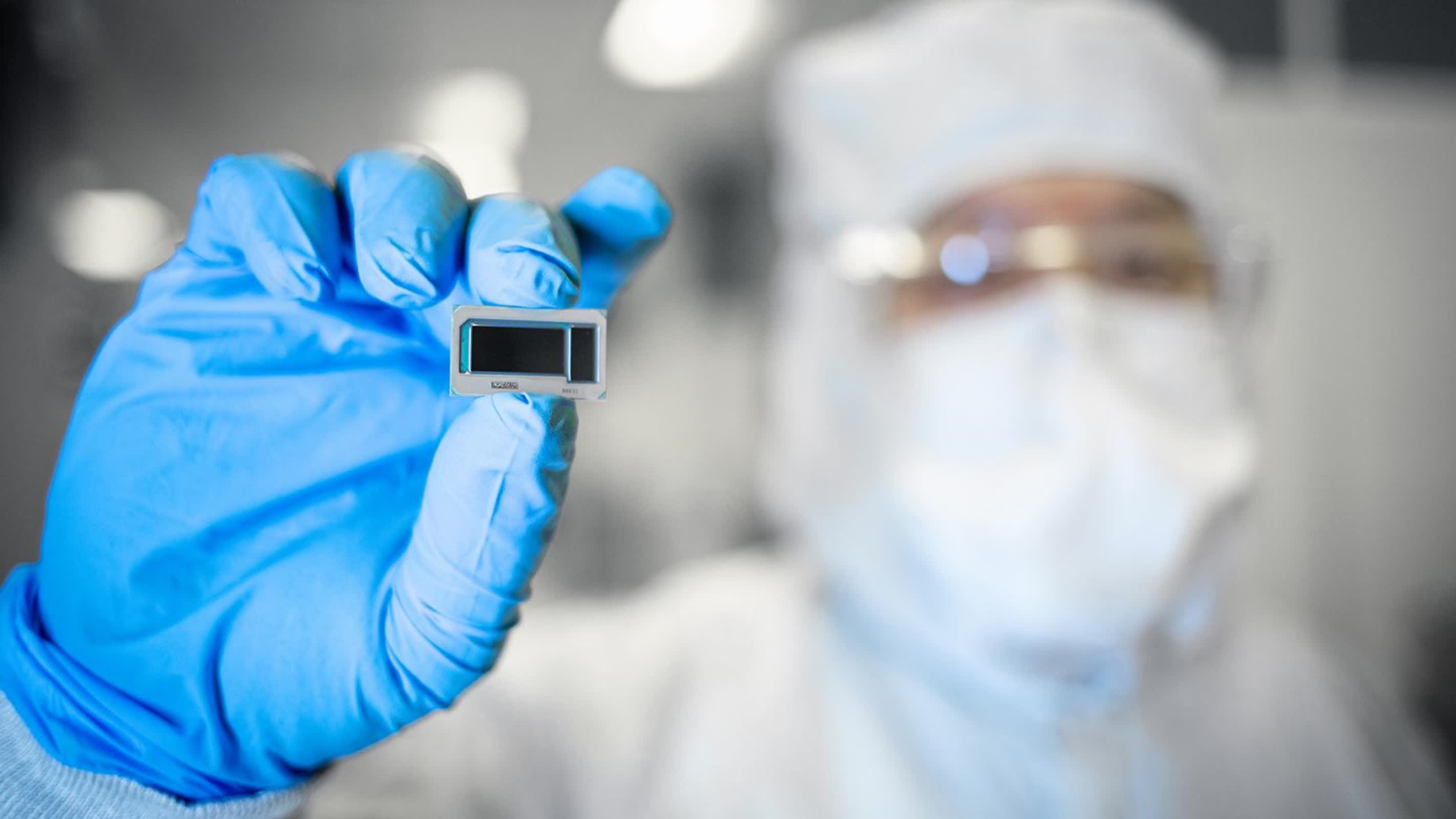Recap: Much ink has been spilled about Pat Gelsinger's missteps at Intel's helm. A new Reuters investigation uncovers some previously unreported details about his tenure, including how he botched a generous discount TSMC had given the US tech giant.

When Pat Gelsinger took the helm as Intel's CEO in February 2021, hopes were high for a revival of the company. However, three years into his tenure, Intel faces significant challenges and setbacks that have raised questions about its future and Gelsinger's leadership.
One of the earliest – and perhaps most significant – blunders by Gelsinger was his mishandling of Intel's relationship with Taiwan Semiconductor Manufacturing Company (TSMC), according to an investigation by Reuters in which the news service interviewed about four dozen current and former Intel employees and executives.
Gelsinger's return to Intel, where he had spent 30 years earlier in his career, was initially met with enthusiasm. Investors cheered his appointment, and employees celebrated having a technologist back in charge. However, the optimism was short-lived as Gelsinger made several missteps that would impact Intel's relationships and business prospects, starting with TSMC.
According to sources, despite receiving deep discounts from TSMC for chip production, Gelsinger made public statements that offended the Taiwanese company. "You don't want all of your eggs in the basket of a Taiwan fab," Gelsinger said in May 2021, referring to Taiwan's geopolitical situation. He later said, "Taiwan is not a stable place," at a tech conference in December of that year where he encouraged chip manufacturers to remain in the US.
These comments led to TSMC revoking the generous terms it gave Intel – about 40 percent off the $23,000, 3-nanometer wafers on which TSMC would print chips for Intel – affecting Intel's profit margins.
Gelsinger's vision for Intel included transforming the company into a major player in the foundry business, competing directly with TSMC. He announced plans to invest billions in new factories and develop advanced manufacturing processes.
However, these ambitious plans have faced numerous obstacles. Intel's efforts to regain manufacturing leadership with its 18A chip-production process have encountered delays and technical problems. Some potential customers have been hesitant to adopt the new technology.
Intel told Reuters its 18A fabrication technologies are yielding good-quality chips and that it "expects to return to process leadership in 2025" with their formal launch.
Gelsinger's optimistic projections for AI-chip deals also came under scrutiny. While he publicly announced a pipeline of opportunities worth over $1 billion, internal forecasts were significantly lower, Reuters said.
"Our pipeline of opportunities through 2024 is rapidly increasing and is now over $1 billion and continuing to expand with Gaudi driving the lion's share," Gelsinger told analysts in July 2023. But sources familiar with the matter told Reuters that Intel did not have the necessary supply secured from TSMC to meet this target at the time of the announcement.

Intel's worsening outlook was also frightening off some clients. Gelsinger oversaw a deal to build custom chips for Alphabet's growing fleet of Waymo self-driving taxis, said three people familiar with the previously unreported plans. Gelsinger reportedly met with CEO Sundar Pichai in person to discuss the deal.
But in 2022, the company canceled the Waymo deal, two of the people said, and paid a fee to Alphabet after it threatened legal action.
Indeed, Intel's financial performance has suffered during Gelsinger's tenure. The company's revenue declined to $54 billion in 2023, a nearly one-third decrease from when Gelsinger took over. Analysts expect Intel to post its first annual net loss since 1986 this year.
The company's stock price has also taken a hit and is down 66 percent from its peak during Gelsinger's early months as CEO.
Meanwhile, Team Blue's problems were stacking up. It faced stiff competition in key markets. AMD has gained market share in the data center chip segment, while companies like Amazon and Google have increasingly designed their silicon in-house.
The rise of artificial intelligence has been another challenge. Nvidia's graphics processing units have become the preferred choice for AI applications, leaving Intel struggling to establish itself in this rapidly growing market.
In response, Intel announced plans to restructure and cut more than 15,000 jobs. The company has also implemented cost-saving measures, including salary cuts for mid-level workers and restrictions on promotions and bonuses. Gelsinger took a salary cut as well, but his total compensation, including stock awards, rose to $16.9 million in 2023 from $11.6 million the previous year.
Despite the challenges, Gelsinger remains optimistic about Intel's future. "Pat is leading one of the largest, boldest and most consequential corporate turnarounds in American business history. 3.5 years into the journey, we have made immense progress – and we're going to finish the job," the company said in a statement.
Gelsinger expressed confidence in the turnaround plan, telling Reuters in August, "I'm very confident that we're going to pull it off. Three years in, yeah. This one's going to happen, baby."
However, industry analysts remain skeptical. "If you care about performance today, tomorrow, next year, over the next couple of years, you are not making that bet," said Goldman Sachs analyst Toshiya Hari, referring to customers' reluctance to switch from TSMC to Intel for chip manufacturing.
Intel CEO Pat Gelsinger's missteps have strained TSMC partnership, hindered turnaround efforts